We wanted to check out one of the European Christmas markets, and since Krakow was reachable from Bournemouth, we went for convenience and weren’t disappointed.
It was almost scuppered by the weather, though. Some unseasonable cold in the UK equated to blizzard conditions in Eastern Europe. We arrived two hours late and were apparently the last flight to make it into Krakow – a later flight from the UK was redirected to Budapest, a seven-hour drive away in normal conditions.
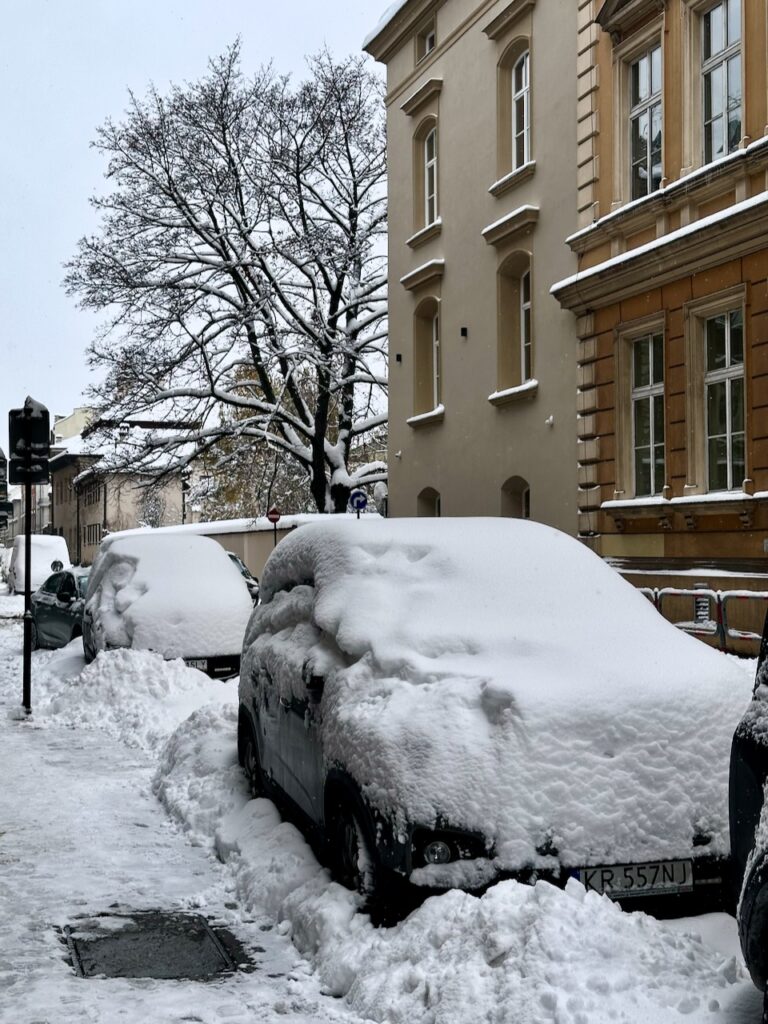
We had two days in the city, which meant we were going to take trips to the area’s most common attractions – perhaps not the right choice of words for the latter one – leaving the afternoons and evenings to take in the old town and the Christmas market.
On morning one we visited the Wieliczka Salt Mine, a former working mine that’s now hundreds of entirely man made, phenomenally beautiful caverns, decorated with statues, sculptures and reliefs carved into the salt. There are chapels, a concert hall, a restaurant and, of course, more than one gift shop – I can recommend the salted chocolate.
It was also possibly the warmest place in Krakow that weekend, which was a selling point in itself. I’d contrived to leave my waterproof jacket at home, so anywhere my rotating selection of fleeces wasn’t getting snowed on was a bonus.
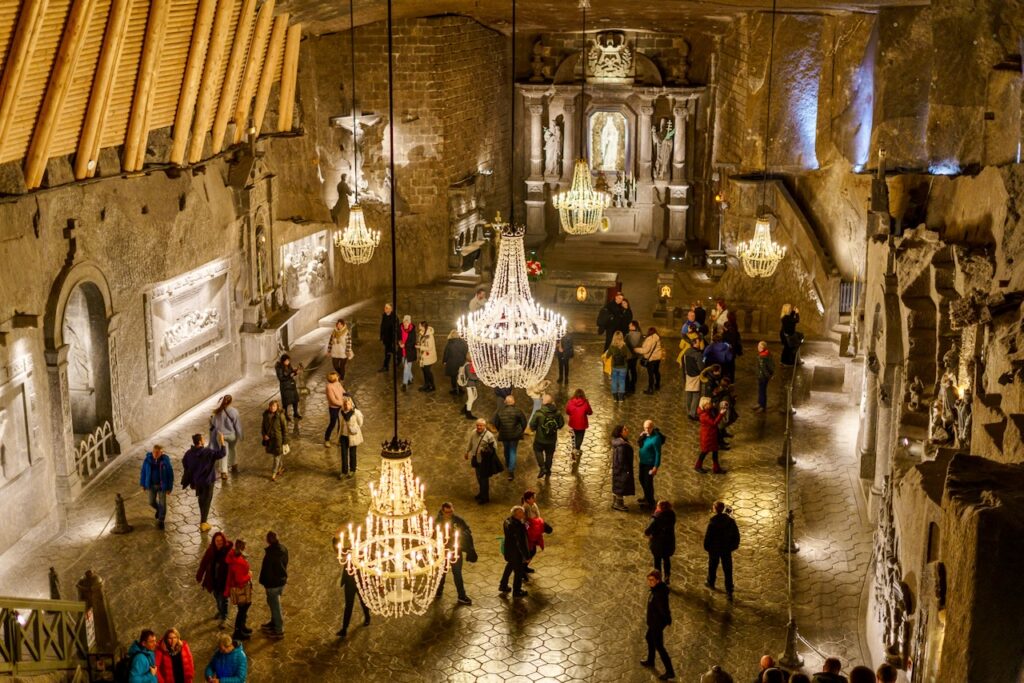
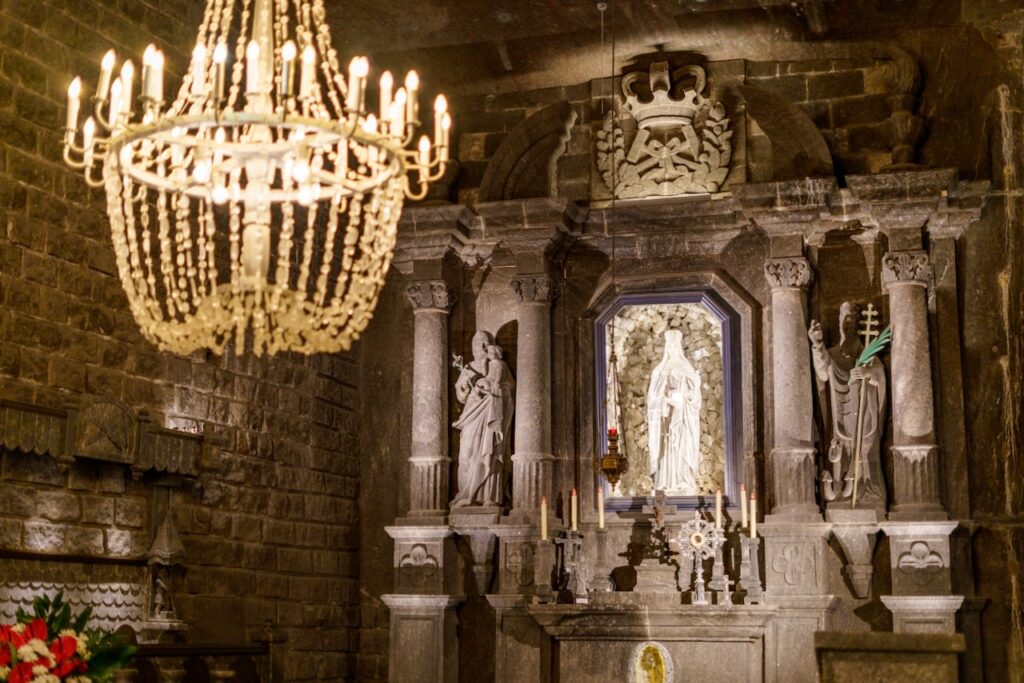
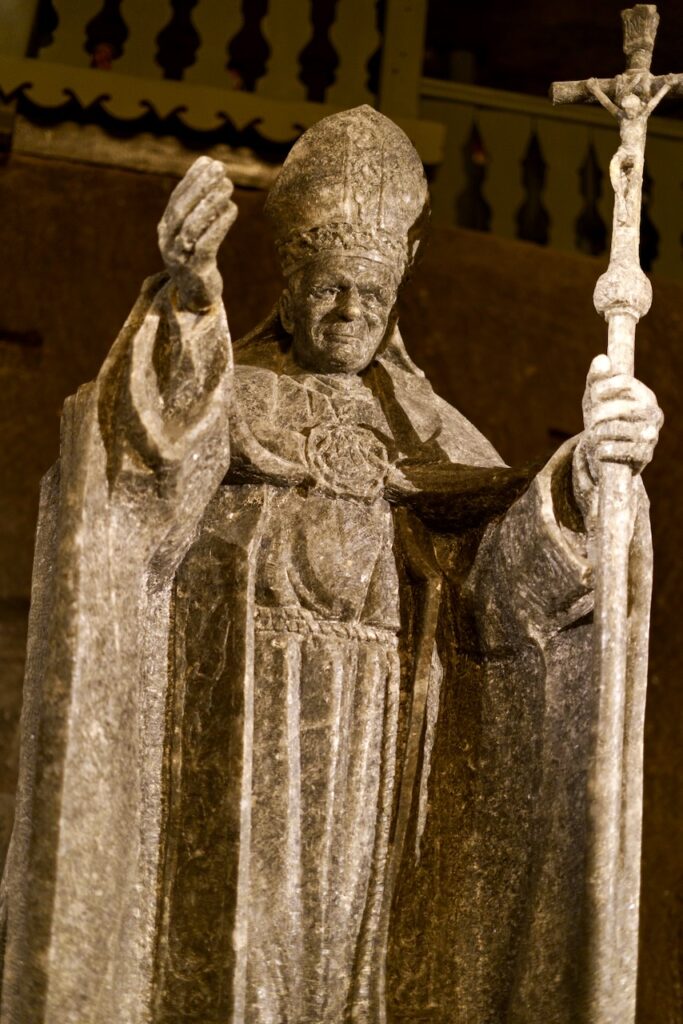
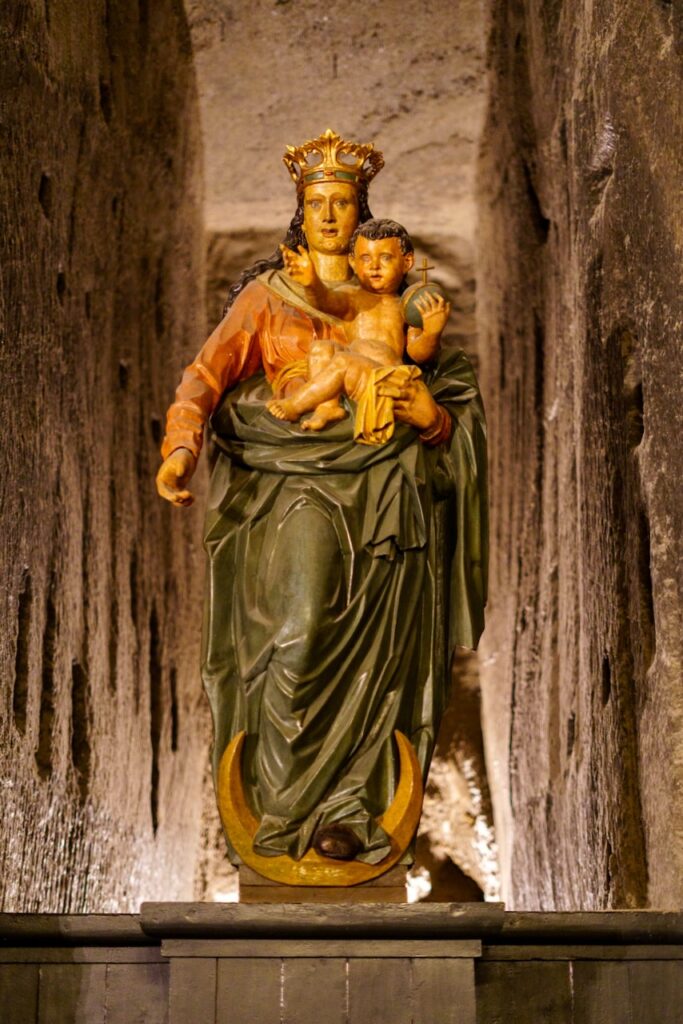
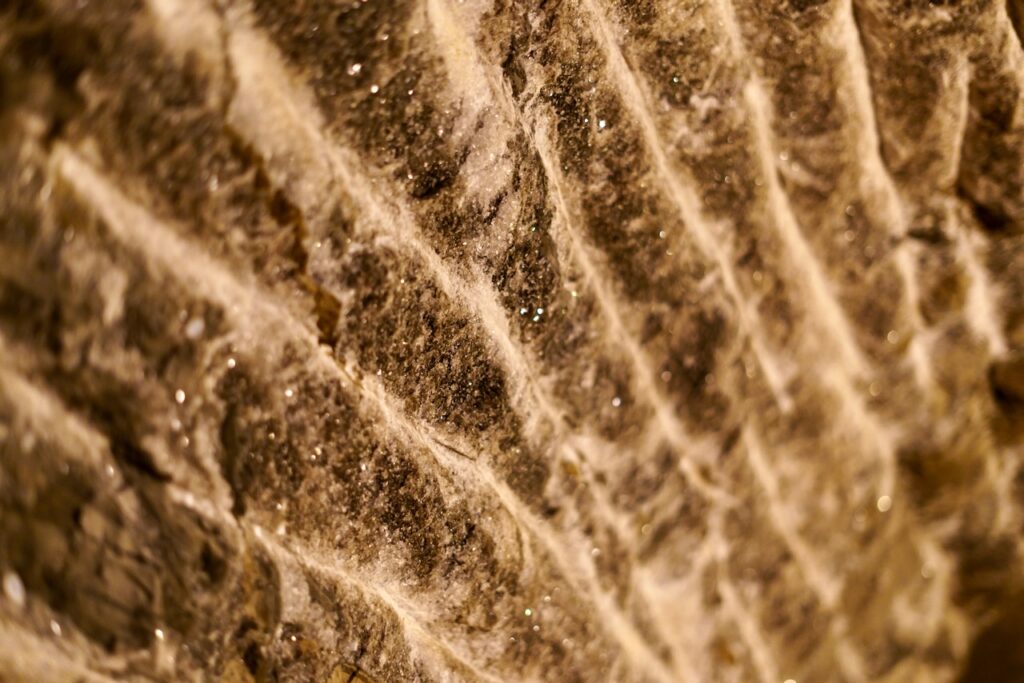
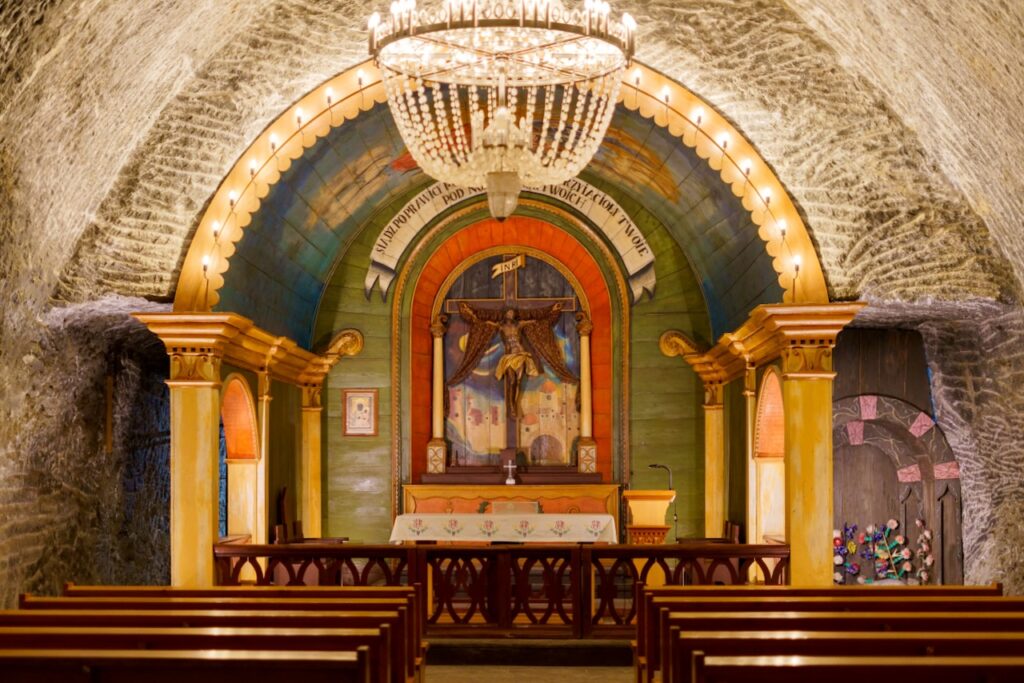
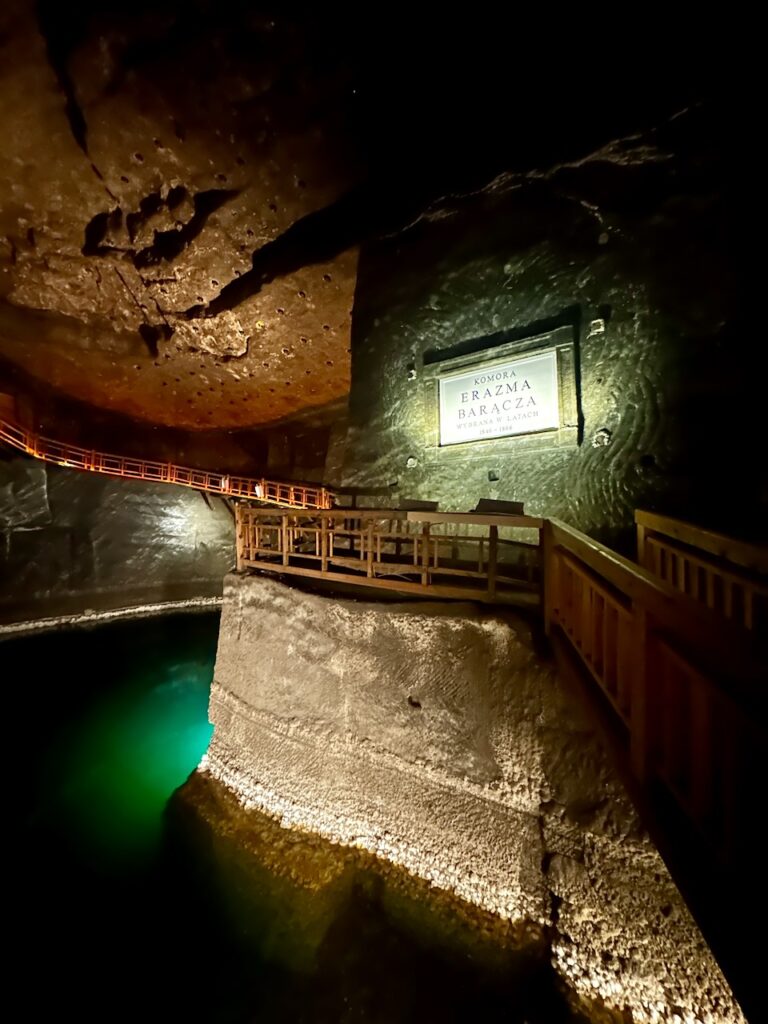
Photographically, there’s a lot to love down there, and I can only suggest taking the fastest, widest lens you have. All of the above photos bar the last one – which is a phone shot for the ultra-wide perspective – were taken on a 50mm f/1.8, and I probably could have gone a bit wider.
We ventured into town in the afternoon, but it was in the evening when I broke out the camera, again with the 50mm f/1.8.
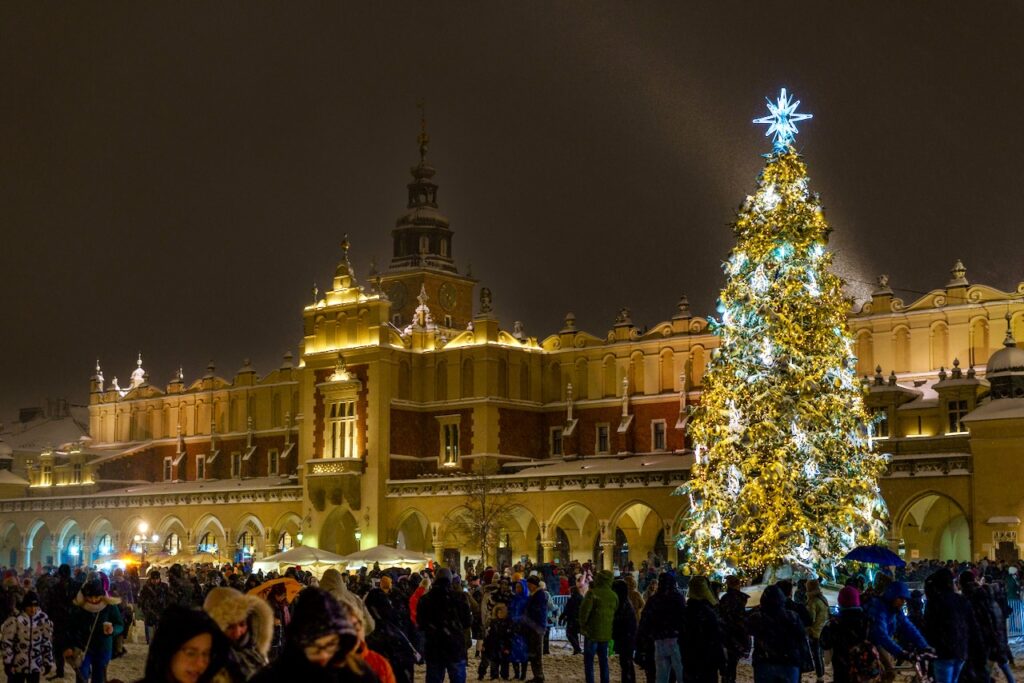
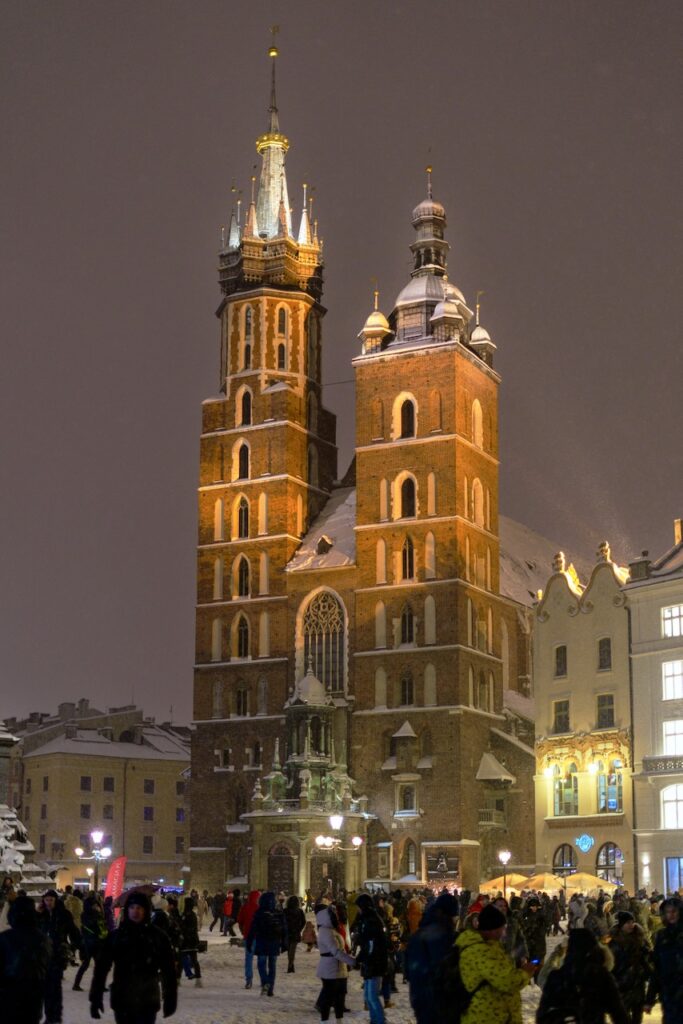
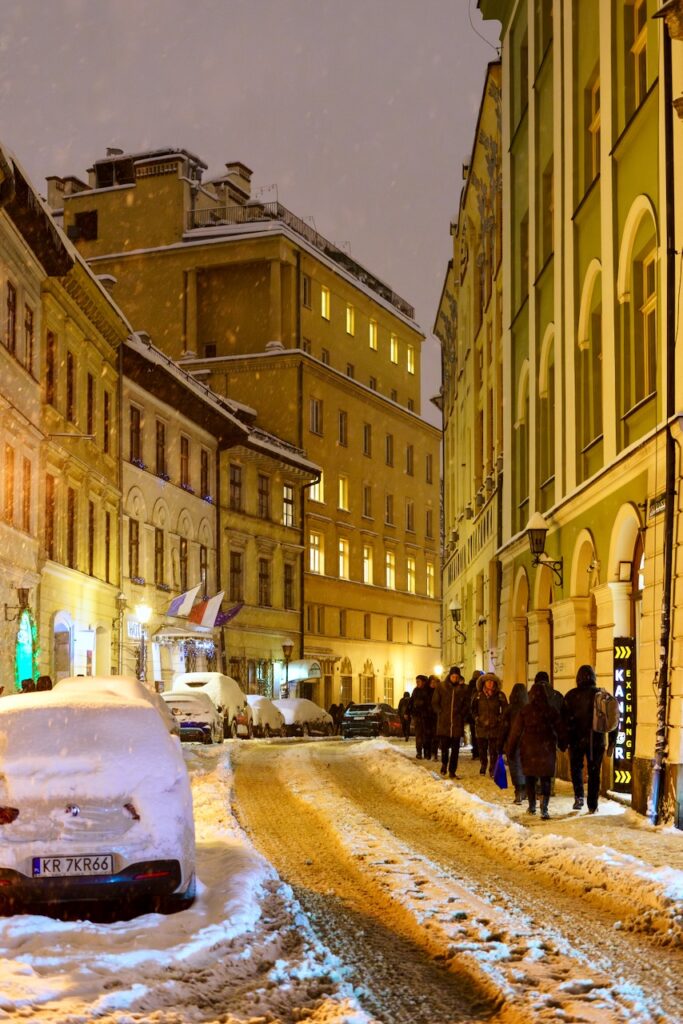
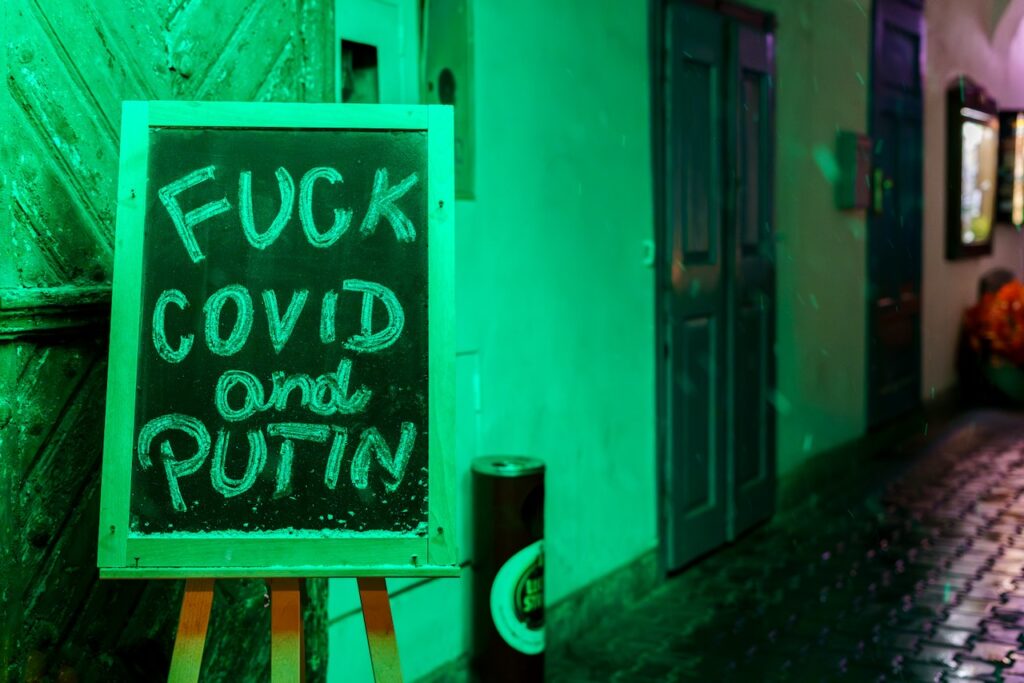
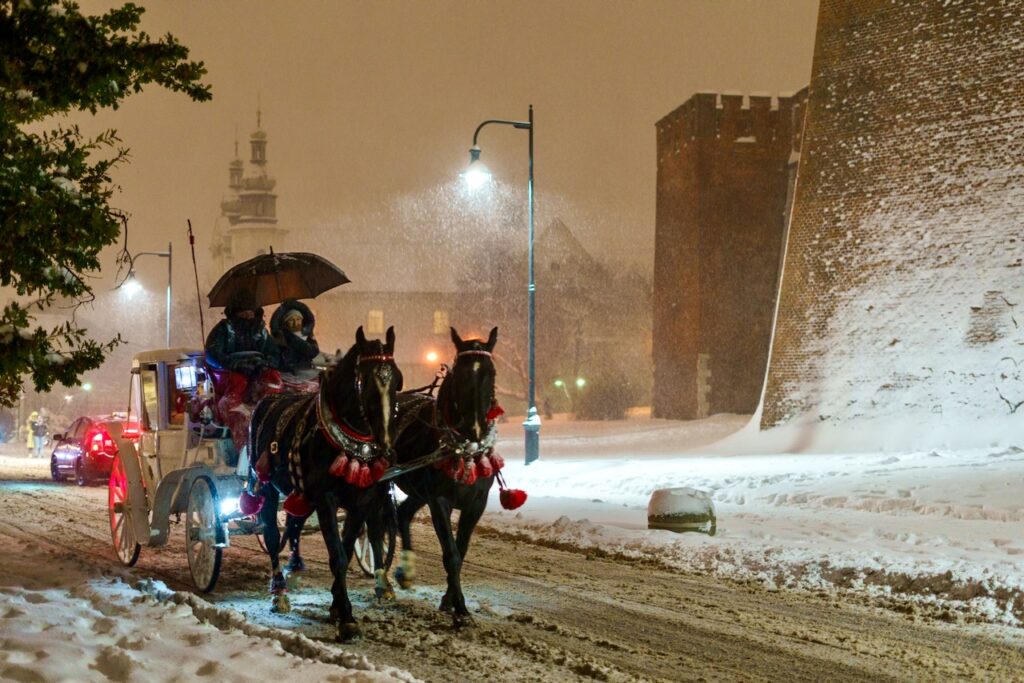
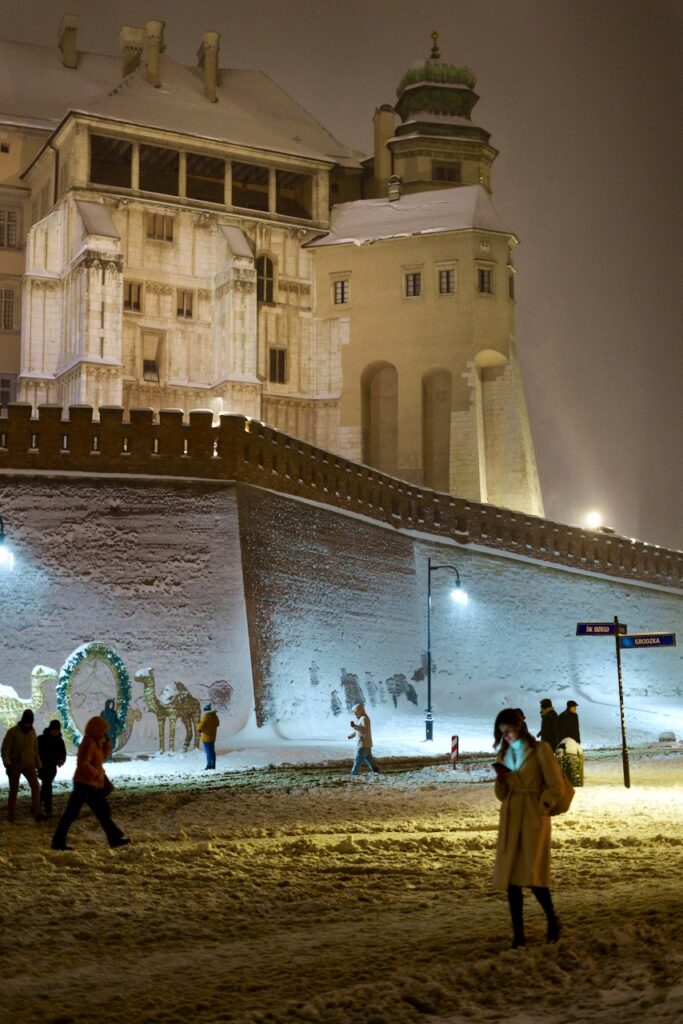
Day two brought us to the area’s most infamous historical sight. Somewhere I was keen to see but also wasn’t keen to: Auschwitz.
The main camp, Auschwitz I, was largely the prison camp and, in the snow, has a kind of ominous beauty to it. The uniformly tree-lined avenues seem almost pleasant, until you turn a corner and find a gallows, a guard tower, or the ever-present barbed wire.
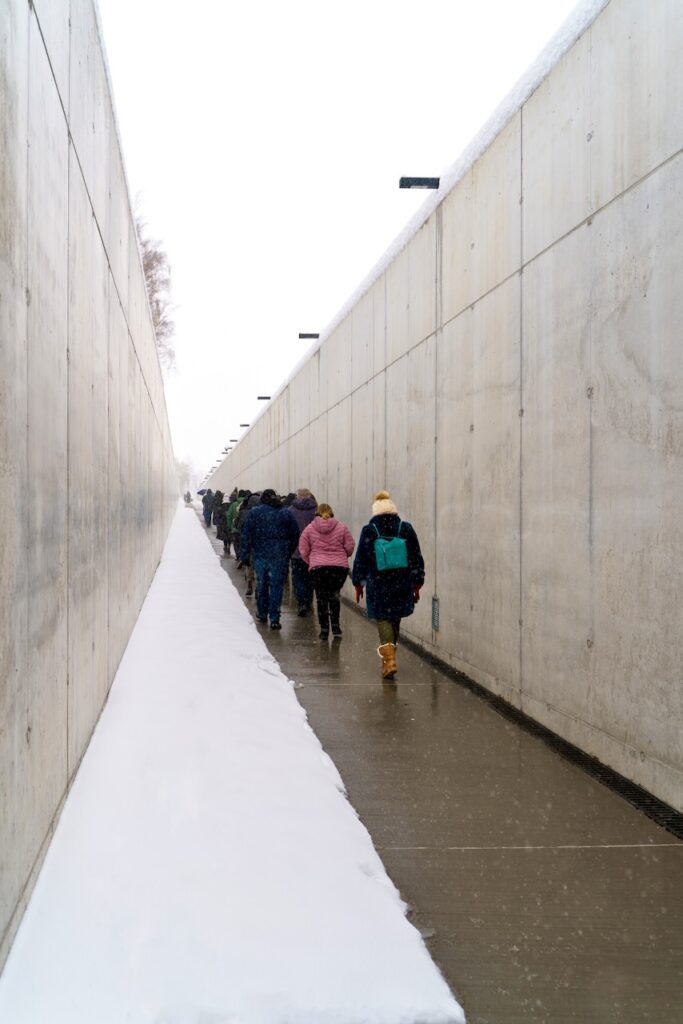
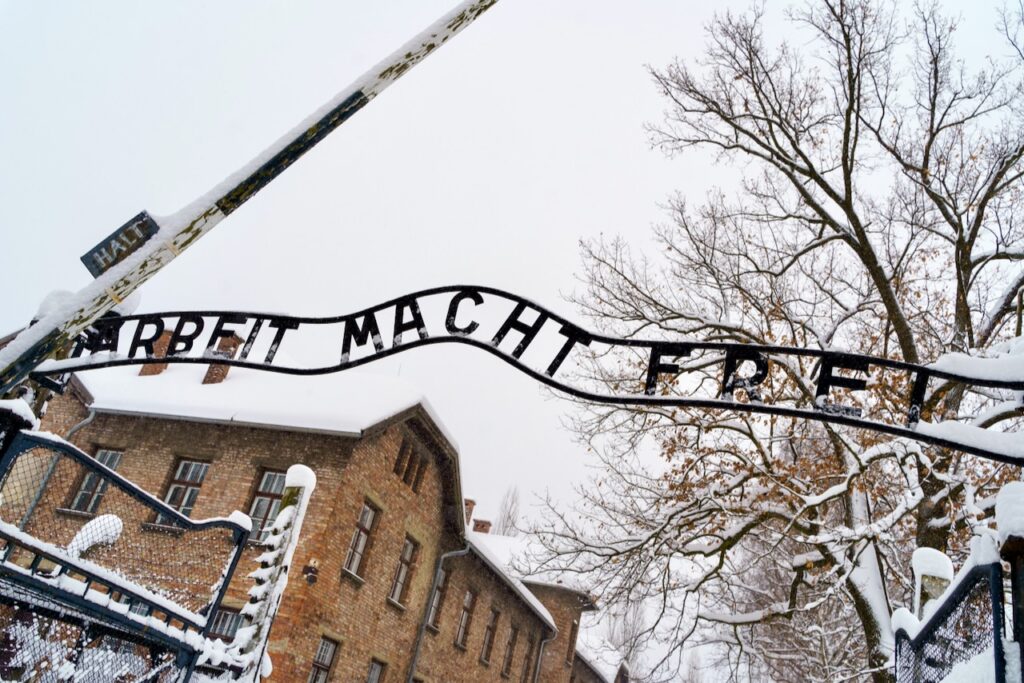
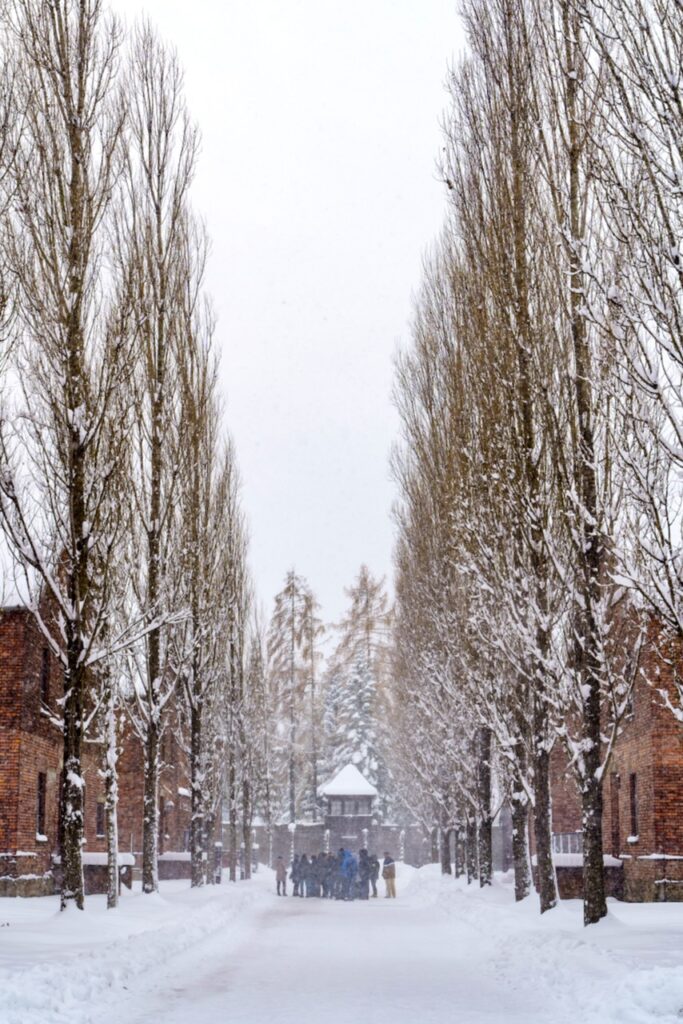
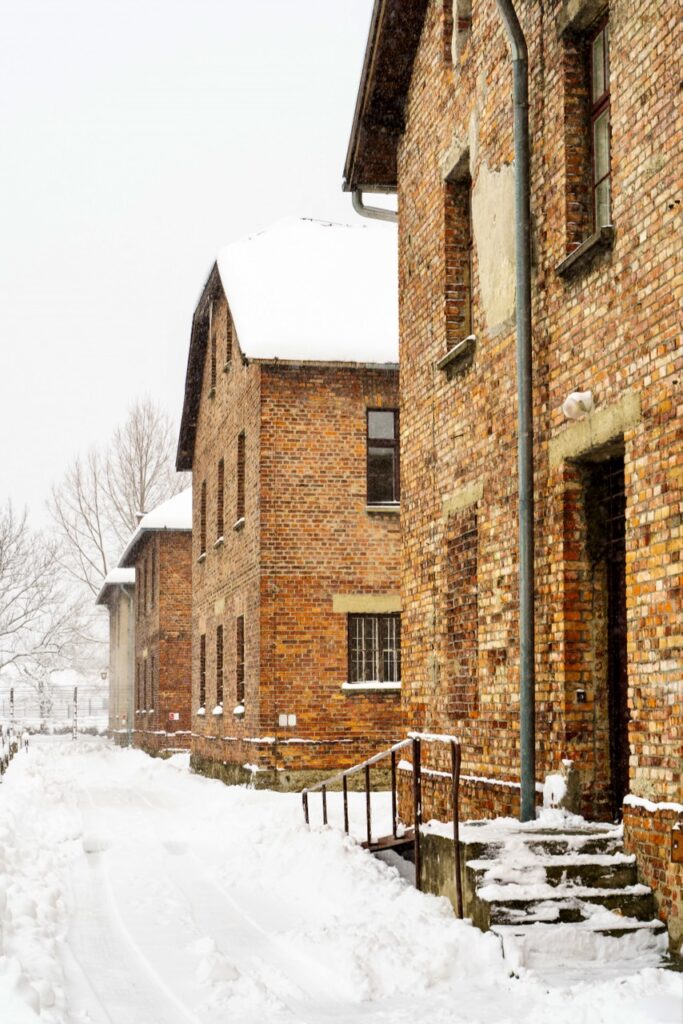
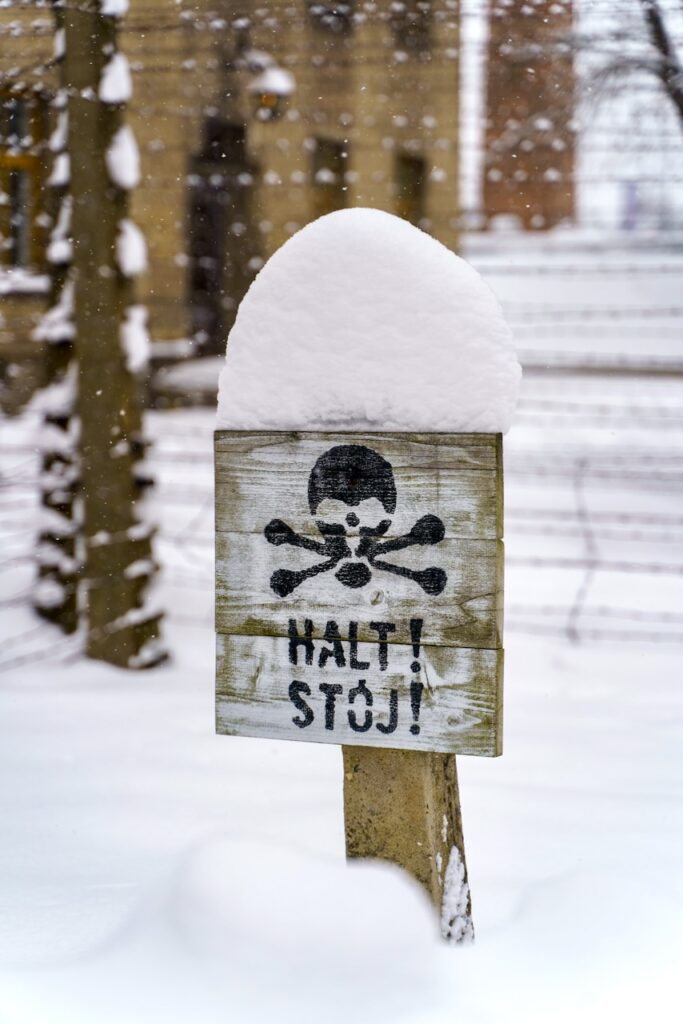
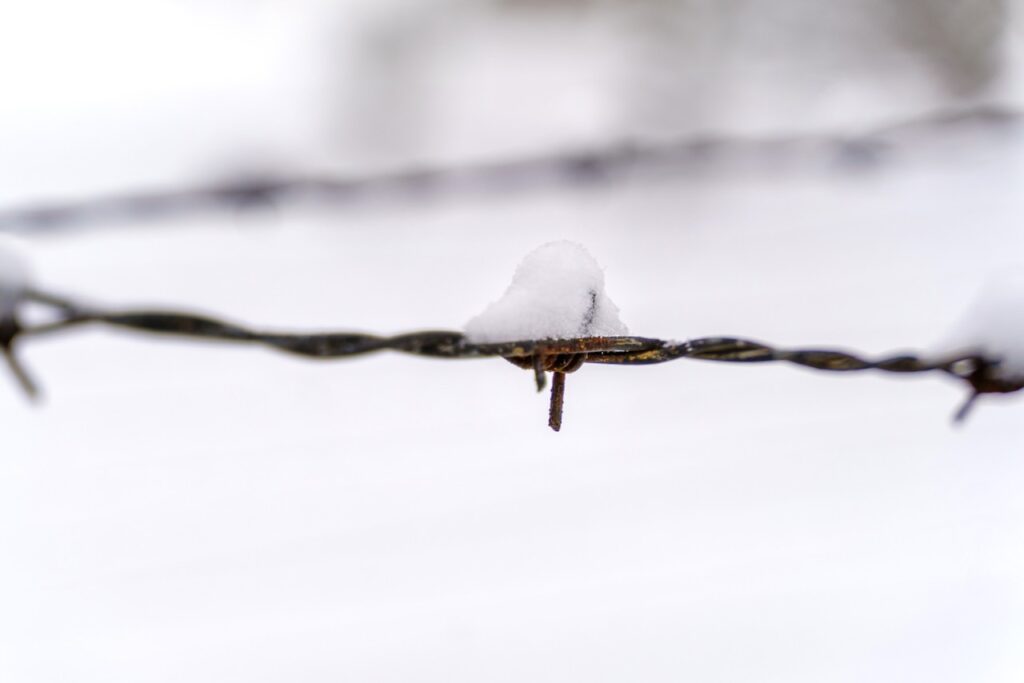
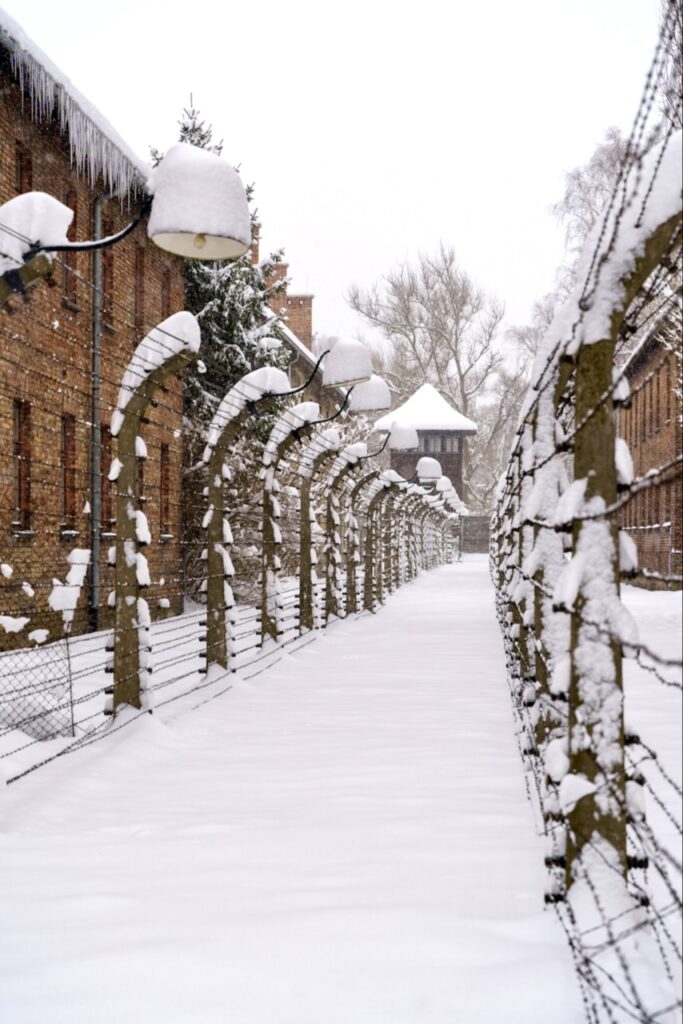
Birkenau, the second camp, on the other hand, is relentlessly bleak, particularly so in this weather. This was the extermination camp, where millions were murdered.
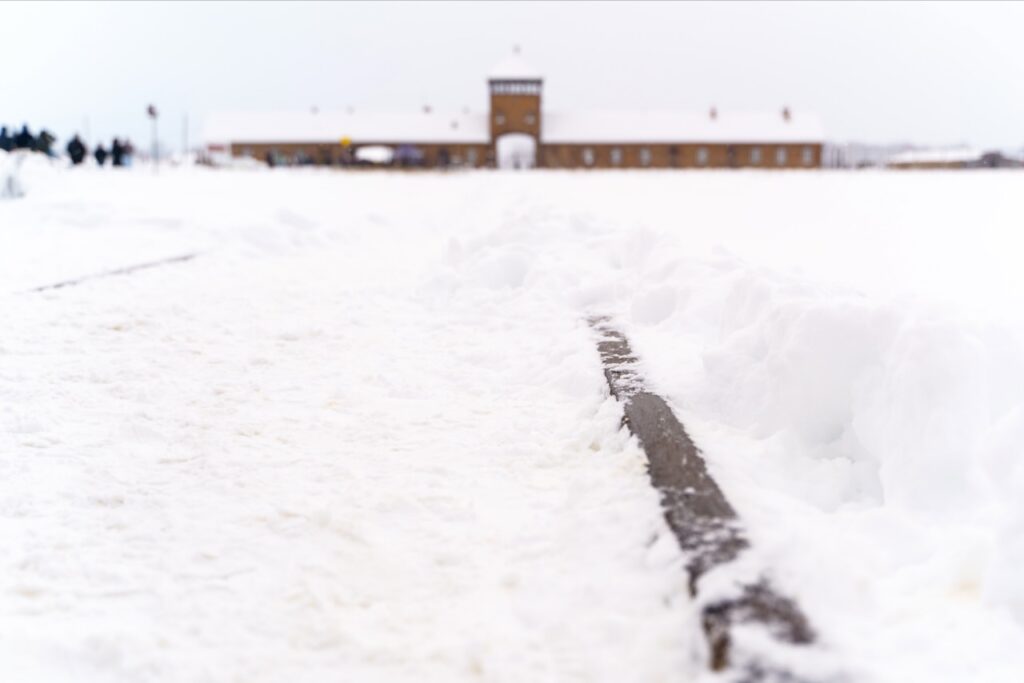
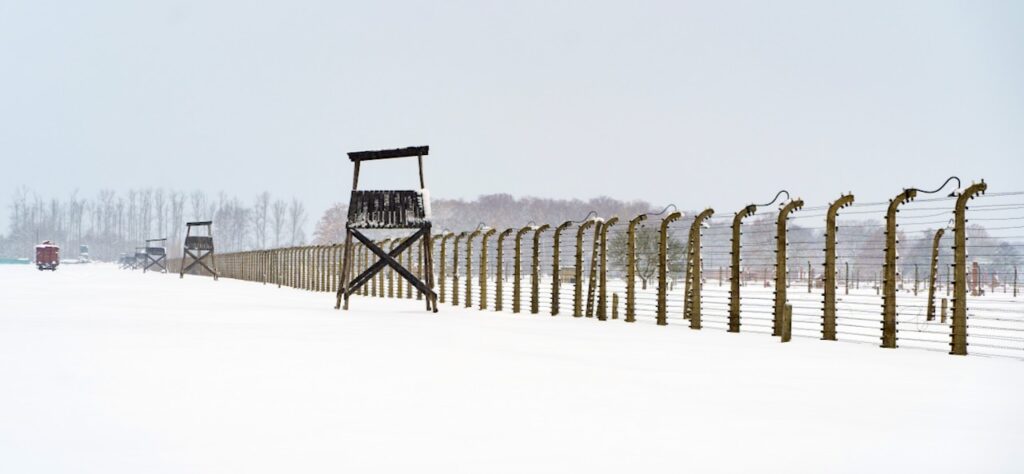
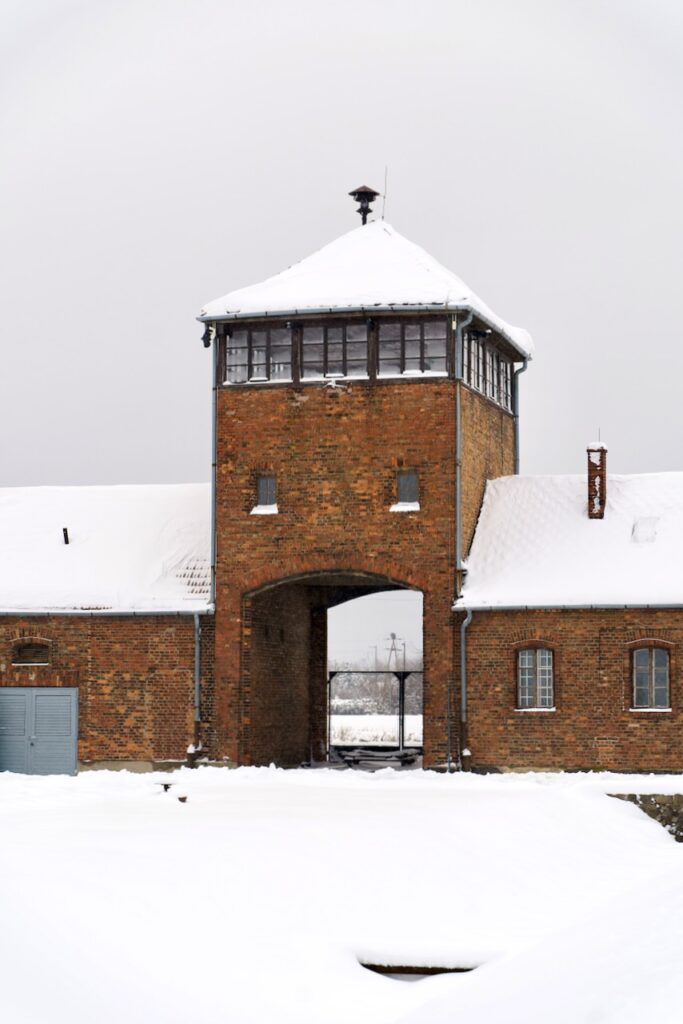
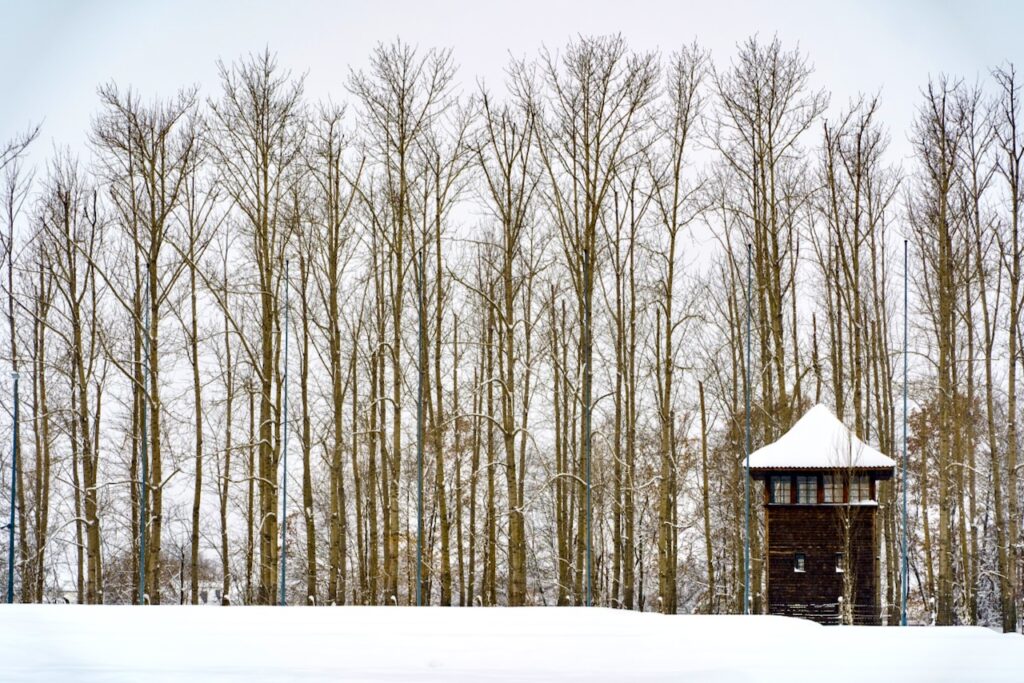
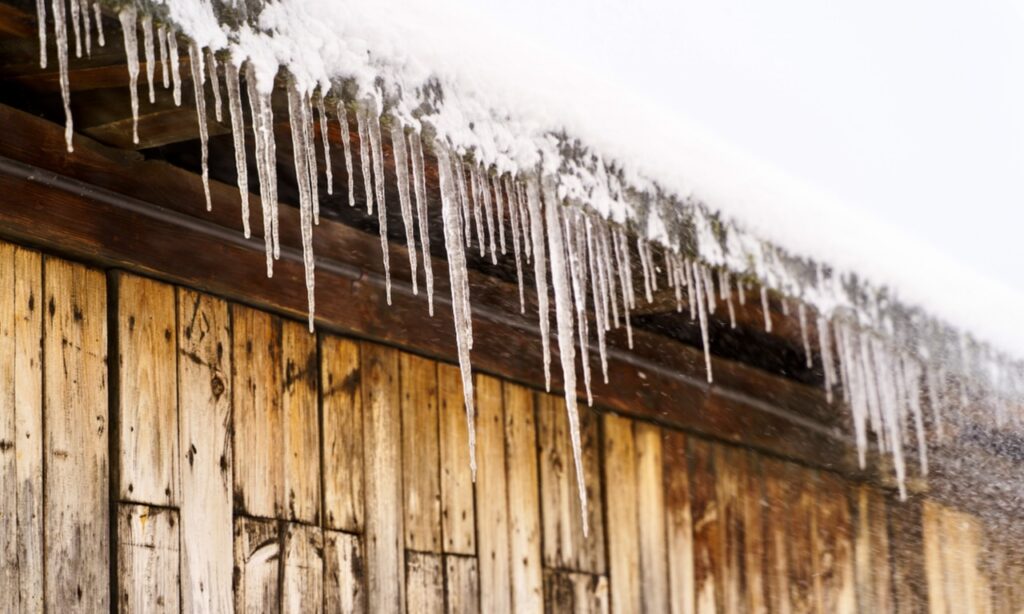
It’s a sobering place to visit, but I do feel like everyone should see it, particularly as the horrors pass out of living memory.
I’d prefer to end on a more uplifting note, but I’m not sure there’s anywhere to go after that. I’ll end by saying that Krakow is a beautiful city, full of history and culture, and one of the crown jewels of a country that feels like it’s on the up after a few centuries under the yoke of larger powers.